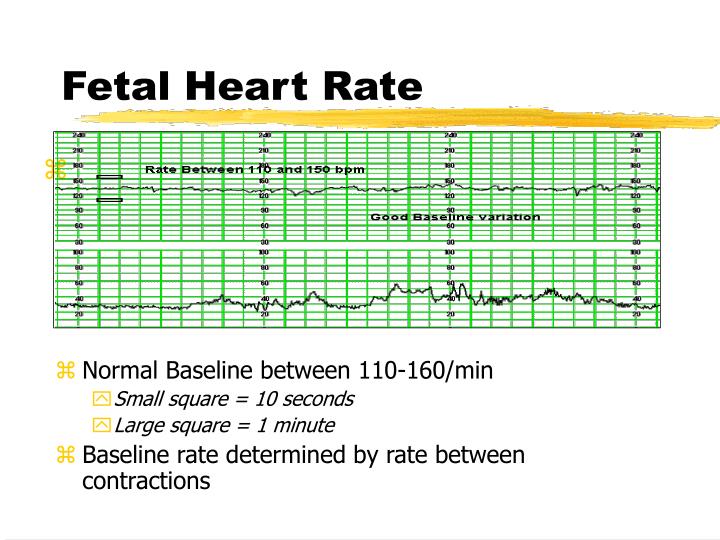

Impact of maternal exercise during pregnancy on offspring chronic disease susceptibility. heart rate of 90 beats/min or less early in the first trimester carries an extremely poor prog-nosis, with a very high likelihood of fetal de-mise before the end of the first trimester. Avoid fetal "keepsake" images, heartbeat monitors.īlaize AN, Pearson KJ, Newcomer SC. Saima Aftab, medical director of the Fetal. What happens if my prenatal doctor hears a fetal heart arrhythmia? Rather, at six weeks of pregnancy, an ultrasound can detect 'a little flutter in the area that will become the future heart of the baby,' said Dr. Management of fetal supraventricular tachycardia: three cases at a single institution. FIGO consensus guidelines on intrapartum fetal monitoring: Cardiotocography. Early fetal development.Īyres-de-Campos D, Spong C, Chandraharan E. Typically, an abnormally fast heart rate is over 200 beats per minute. Just think, in a week or so you might be. Fetal heart rate monitoring during labor.Īmerican Pregnancy Association. The normal fetal heart rate is between 120 and 160 beats per minute. First trimester survival rate was 61.6 among 531 embryos with slow early heart rates (< 100 bpm at < or 6.2 weeks, < 120 bpm at 6.3 to 7.0 weeks), lower than the survival rate of 91.5 among 1501 embryos with normal heart rates (p < 10(-8), Fishers exact test). Babys heart has started to beat between 110 and 160bpm (beats per minute), which is about double the pace of yours. Subscribe to our blog today.The American College of Obstetrics and Gynecologists. While it can be scary to think about your baby having a heart rhythm issue, the vast majority of fetal arrhythmias do not indicate serious long-term concerns. With this pg, the first u/s at 5w4d measured the heart rate at 81 bpm.

Chances are, if we listened more frequently during a woman’s pregnancy, we’d detect arrhythmias in more than the 1 to 2 percent we expect today. The next appt the baby measured 6w1d and the heart rate was 86 bpm. In less than 1 percent of infants, a fetal ectopic rhythm can trigger an abnormally high fetal heart rate, which puts the baby at risk for more serious cardiovascular issues.įetal heart arrhythmias are likely more common than we think. Once we determine the cause of the fetal arrhythmia, we will listen to your baby’s heart rhythm using a Doppler weekly until we’re confident the arrhythmia has resolved or will not affect the baby’s health. Cocoa butter lotion: Surprisingly, there is enough caffeine in this stretch mark prevention lotion to induce fetal arrhythmia, so the MFM might suggest an alternative lotion.Nicotine: If you vape or smoke during pregnancy, the MFM can help you find resources to quit, or at least reduce your nicotine consumption.But there are other sources of caffeine like dark chocolate or certain migraine medications that may be the culprit. Caffeine: The MFM will discuss with you how much coffee, soda, and tea you consume daily and will recommend eliminating caffeine from your diet.But frequently, we find a logical explanation for the irregular rhythm that can be corrected with simple lifestyle changes.Ĭertain substances can contribute to irregular fetal heart beats. Understandably, many expecting parents feel anxious about this test. If the Ob/Gyn hears an abnormal rhythm, he or she will refer you to a maternal-fetal medicine doctor (MFM) or a pediatric cardiologist to evaluate the baby’s heart structure.


Hearing a developing baby’s heartbeat is one of the milestones of pregnancy.


 0 kommentar(er)
0 kommentar(er)
